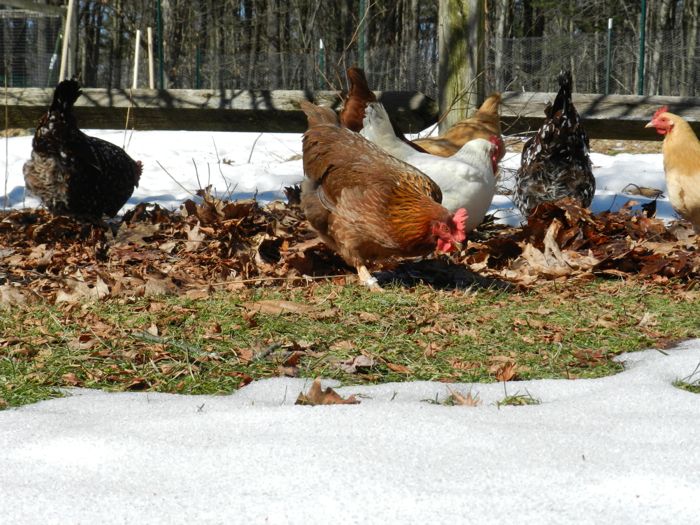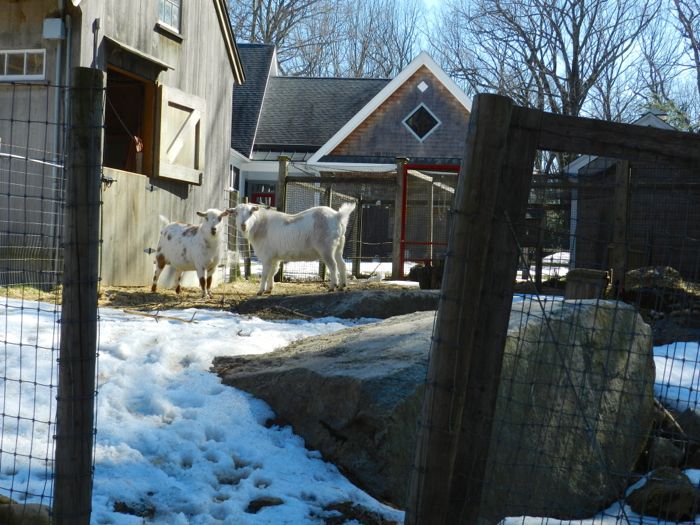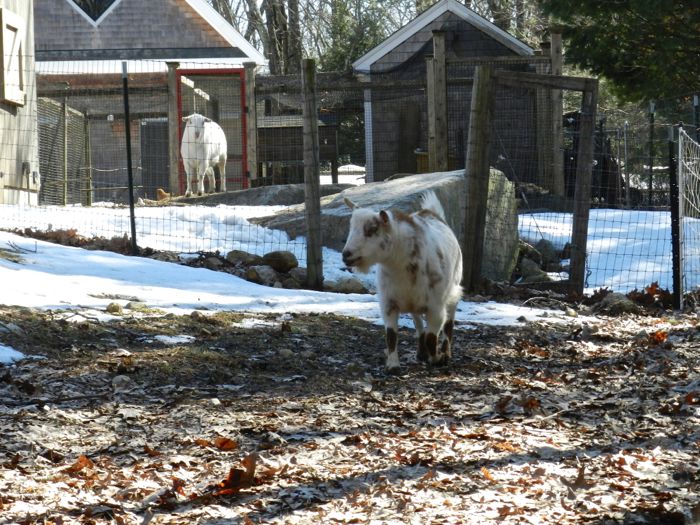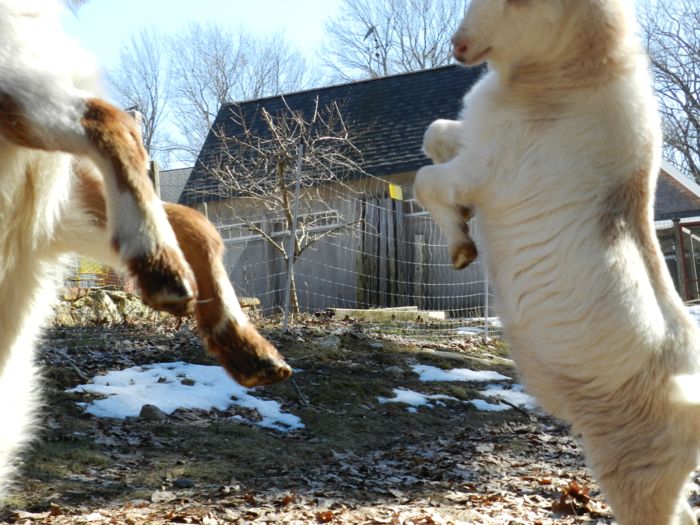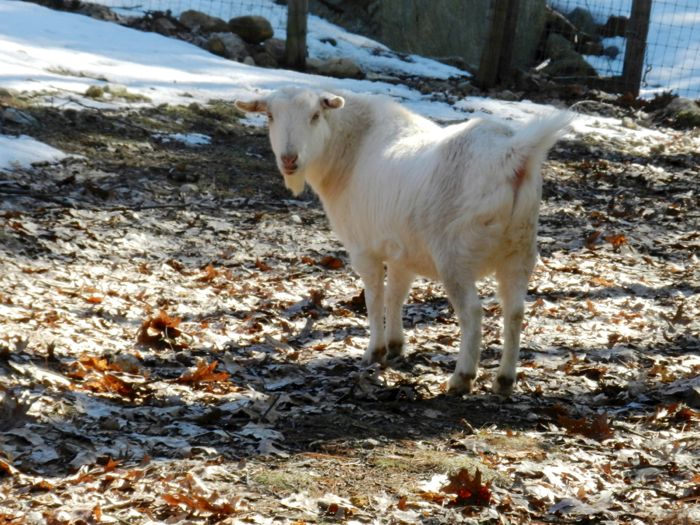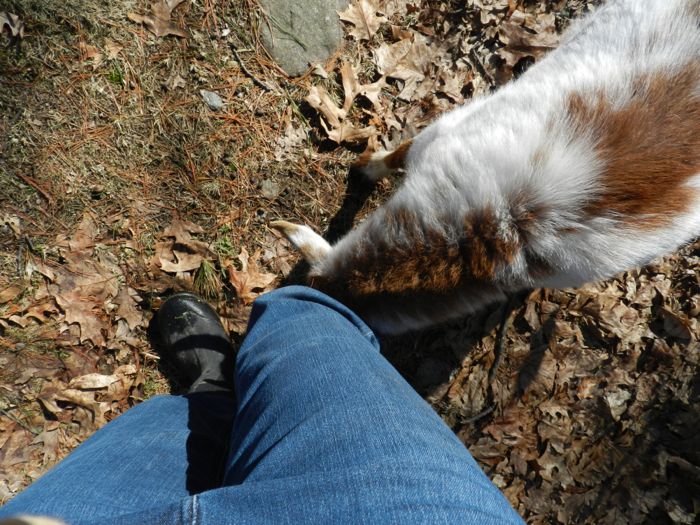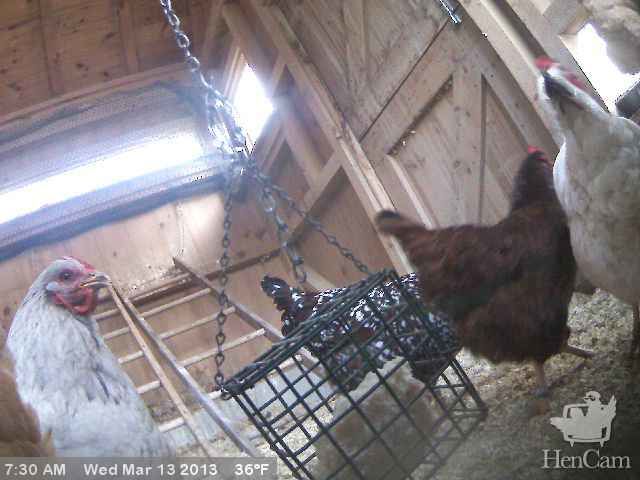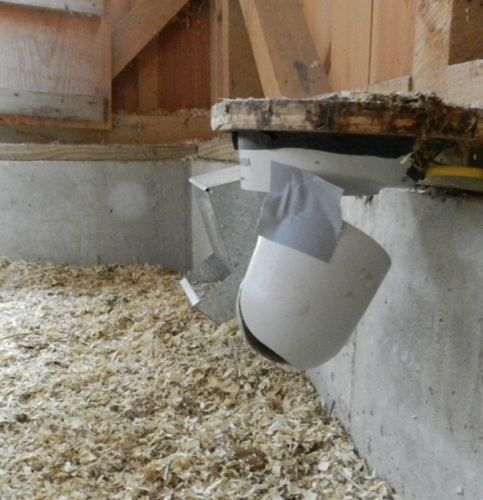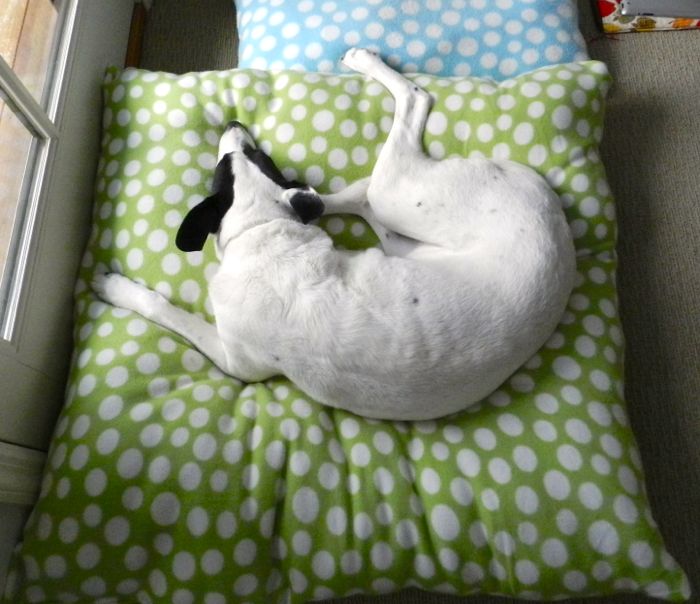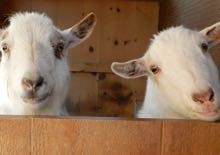Heads up: This post talks graphically about disease. I’ve heard from several people who have had their hens die due to this syndrome, and I think that it is a service to be blunt.
Chickens are so much fun to feed. Unlike certain finicky eaters at our own tables (spoken as the mom of the pickiest eater on earth) hens look delighted by the simplest food, whether a squishy tomato or a bit of stale bread. It’s so enjoyable to feed our hens that we sometimes overdo it, and feed the wrong foods to excess. Just as overeating causes health issues in people, so too does an unbalanced and high-calorie diet cause problems in your flock.
Hens are designed to eat small amounts constantly throughout the day. Eating should take effort, Your hens should be scratching, foraging, and pecking for their dinner. But, most backyard flocks are confined, and so they don’t roam for their food. Add to that indulgent owners that love seeing their hens happily chortling at grain tossed at their feet. Chickens are getting fat, and they’re not just waddling around in discomfort, they’re dying from obesity.
A diet too high in corn and other scratch feeds lays on the fat. A layer of internal fat can physically get in the way of egg laying. The hen needs to have a smooth passage of that egg through the reproductive tract. Fat impedes it, and can even block the egg laying process.
But, yellow fat in the body cavity, and laying difficulty, isn’t the worst that can happen to your hen. The next step in disease is Fatty Liver Syndrome. This is also called Fatty Liver Hemorrhagic Disease, which reflects what happens inside of your hen. The fat marbles the liver and changes it’s texture. The fat infiltrates the ovaries. The hen’s organs can no longer function properly. Sadly, despite being fat, they begin to starve. The change in the texture of the liver makes the hen susceptible to lesions and hemorrhaging. The release of an egg from the ovary can tip the balance. Blood vessels will rupture. Your hen will bleed to death.
The right diet is the key to preventing this disease. I’ve written about a prudent diet here. Keeping your hens physically active and eating throughout the day is also essential. One thing that keeps my hens busy, even in limited space, is the compost in the chicken run. Of course, if you can let your hens out to forage, that helps, too. Exercise, fresh air, sunshine and a prudent diet high in vegetables – sounds like something all of us, whether hens or their keepers, should try to live by.
For more details on this disease the Mississippi State University Extension Service has a clear explanation. The Merck Vet site is also a good resource.
BTW, feeding excess protein, such as handfuls of mealworms, causes other severe health issues, especially kidney disease. I’ve written about that here.
